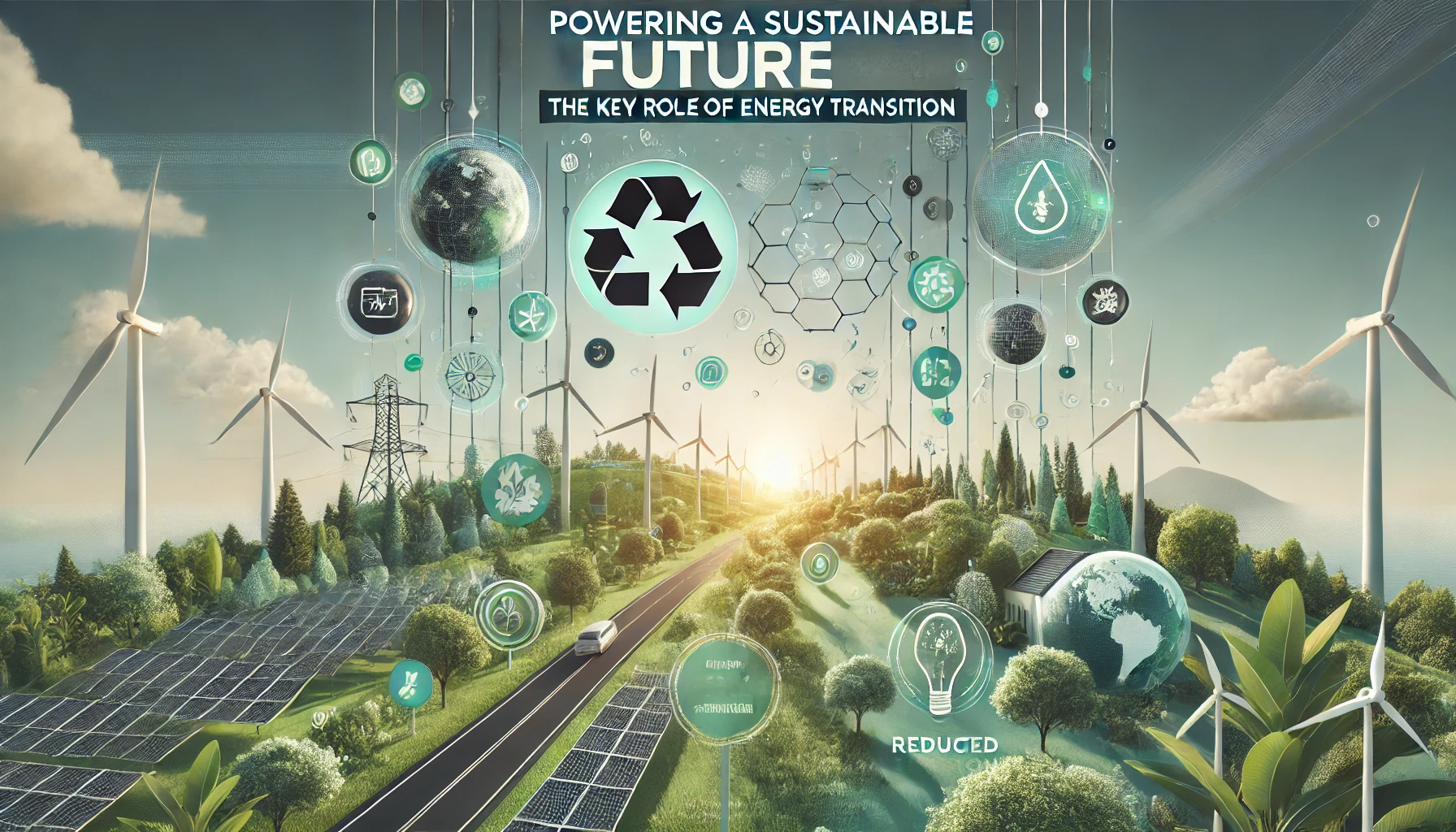Artificial Intelligence (AI) has become a transformative force, reshaping industries across the globe. Its ability to analyze data, predict trends, and automate tasks is enabling businesses to innovate and thrive in unprecedented ways. Let’s explore how AI-powered technologies are revolutionizing key industries and what the future holds for this groundbreaking technology.
AI in Healthcare: Redefining Patient Care
The healthcare industry has embraced AI to enhance diagnostics, treatment, and patient care.
Applications of AI in Healthcare
- Medical Imaging: AI analyzes X-rays and MRIs to detect diseases like cancer at an early stage.
- Personalized Medicine: Algorithms predict how patients will respond to treatments, enabling tailored therapies.
- Virtual Health Assistants: Chatbots and virtual assistants provide 24/7 patient support for scheduling, medication reminders, and symptom tracking.
Future of AI in Healthcare
From robotic surgeries to drug discovery, AI is making healthcare more efficient and accessible.
AI in Finance: Smarter, Faster Decisions
The finance industry relies heavily on AI for accurate decision-making and risk management.
Applications of AI in Finance
- Fraud Detection: AI analyzes transaction patterns to identify and prevent fraudulent activities in real-time.
- Algorithmic Trading: AI executes trades at lightning speed, maximizing profits based on market data.
- Credit Scoring: Machine learning models assess creditworthiness with higher accuracy than traditional methods.
Future of AI in Finance
As AI continues to evolve, it will further streamline financial services and enhance customer experiences.
AI in Retail: Personalization and Efficiency
Retail businesses use AI to improve customer engagement and optimize operations.
Applications of AI in Retail
- Recommendation Systems: AI analyzes shopping behavior to recommend personalized products.
- Inventory Management: Predictive analytics help retailers stock efficiently, reducing waste and maximizing sales.
- Virtual Try-Ons: Augmented reality (AR) powered by AI lets customers try on clothes or makeup virtually.
Future of AI in Retail
With AI, the retail industry is shifting toward a fully personalized and efficient shopping experience.
AI in Manufacturing: Driving Precision and Productivity
AI is revolutionizing manufacturing by automating processes and ensuring precision.
Applications of AI in Manufacturing
- Predictive Maintenance: AI predicts machinery breakdowns, reducing downtime.
- Robotic Automation: Robots powered by AI handle repetitive tasks with unmatched speed and accuracy.
- Quality Control: AI systems identify defects in products, ensuring high standards.
Future of AI in Manufacturing
Smart factories powered by AI will drive innovation, efficiency, and sustainability.
AI in Education: Transforming Learning Environments
The education sector is leveraging AI to enhance learning experiences and streamline administrative tasks.
Applications of AI in Education
- Personalized Learning: AI adapts lessons to students’ individual learning paces and styles.
- Virtual Tutors: AI-powered tutors provide additional support outside the classroom.
- Automated Grading: Teachers save time with AI tools that grade assignments and tests.
Future of AI in Education
AI will continue to create inclusive and adaptive learning environments for students of all ages.
AI in Agriculture: Boosting Efficiency and Sustainability
Agriculture is becoming smarter and more sustainable with AI.
Applications of AI in Agriculture
- Precision Farming: AI analyzes soil conditions and weather patterns to optimize planting and irrigation.
- Pest Control: AI-powered drones monitor crops and apply pesticides only where needed.
- Yield Prediction: Machine learning models predict crop yields, helping farmers plan better.
Future of AI in Agriculture
AI-driven agriculture will ensure food security and reduce environmental impact.
Challenges of AI-Powered Technologies
While AI offers immense benefits, it also presents challenges:
- Data Privacy: Protecting sensitive information is a growing concern.
- Job Displacement: Automation may lead to workforce disruption.
- Bias in Algorithms: Ensuring fairness in AI decision-making is crucial.
The Future of AI-Powered Technologies Across Industries
The potential of AI-powered technologies is limitless. As AI continues to evolve, it will redefine how businesses operate, innovate, and connect with their customers. Embracing AI is no longer optional—it’s the key to staying competitive in the modern world.
FAQs
Healthcare, finance, retail, manufacturing, and agriculture are among the industries experiencing the most significant benefits.
How does AI improve customer experience?
AI enhances personalization, provides instant support, and optimizes processes, leading to better customer satisfaction.
Key risks include data security issues, bias in decision-making, and the potential for job displacement.
Yes, many AI tools are scalable and affordable, making them accessible to businesses of all sizes.
Knowledge of machine learning, data analysis, programming languages, and problem-solving skills are essential.



